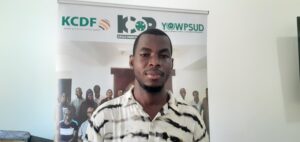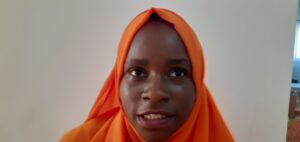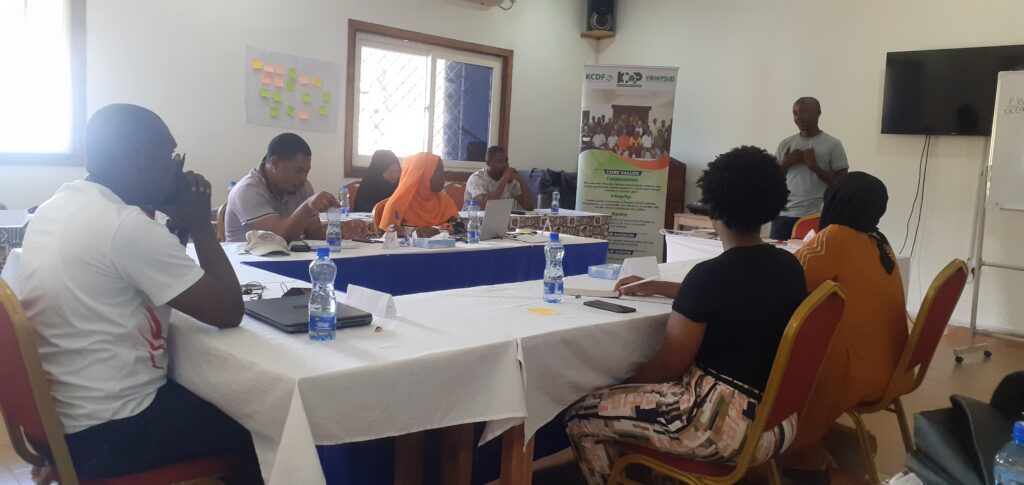By Caroline Katana
A section of civil society organizations (CSOs) and rights groups has called for improvements to school infrastructure to better accommodate persons with disabilities (PWDs) in Early Childhood Development and Education (ECDE) centres and Technical and Vocational Education and Training (TVET) institutions.
Salim Ali, the head of education for the Kwale County Community of Practice (KCOP), said the challenges faced by children with disabilities in accessing education are enormous.
He said that many schools lack accessible physical environments, and teaching and learning materials are inadequately adapted to meet the needs of PWD learners.
“We are advocating for the improvement of school infrastructure to accommodate PWDs in ECDEs and TVETs. Currently, the physical environment in most schools is difficult to access, and the teaching and learning materials are poorly adapted,” he said.
Ali urged the county and national government to prioritize inclusive education by ensuring schools are equipped with facilities and resources that support equal access and learning opportunities for PWDs.
He said KCOP aims to advocate for an increased budget allocation and to collaboratively shape an inclusive education Policy framework that supports long-term, sustainable changes in the educational landscape.
Recent data from the Kenya National Bureau of Statistics (KNBS) and the Ministry of Education reveals that approximately 4.6% of school-aged children in Kwale County live with some form of disability, which translates to over 12,000 students with special needs.
However, fewer than 10% of teachers in the county are formally trained in inclusive education, making it challenging to provide the necessary support for students with disabilities.
Ali said that the lack of trained educators has contributed to many barriers to education for PWD students, including inaccessible school infrastructure, a shortage of specialized learning materials, and limited availability of trained special education teachers.
According to Ali, only an estimated 30% of children with disabilities in Kwale regularly attend school.
Many drop out due to the absence of adequate support and accessible resources, while others never enrol in the first place due to mobility challenges, discrimination, or a general lack of community awareness regarding the importance of inclusive education.
Leader of the Governance Department in KCOP Mealii Mbodze expressed concern that economically disadvantaged families face significant challenges in sending their children with disabilities to school.
She said the county government should consider allocating more funds to ensure that every child with a disability can access their fundamental right to education.
“The ability of a child to enrol in and attend school is largely determined by the cost of education, which for children with disabilities may be higher. This is why we are urging the county to allocate more funds,” she said.
Mbodze said increasing financial support, the county can help ensure that children with disabilities are not excluded from education due to financial constraints.
She also noted that children with disabilities encounter stigmatization from society.
Mbodze said that outdated cultural beliefs and traditions about disabilities continue to play a central role in many communities.
She said that some people still hold the misconception that giving birth to a child with a disability is a curse or a punishment from God.
Mbodze said in such cases, parents, especially mothers often bear the brunt of the blame.
She urged the need for community education to challenge harmful beliefs and promote a more inclusive and supportive environment for children with disabilities and their families.
Mbodze added that many parents would like to send their children with disabilities to school but are held back by the fear of stigmatization and bullying.
“People sometimes think that because a child has a disability, there is no point in sending them to school, believing they are unable to learn, especially when schools are ill-equipped to accommodate them,” she said.
Mbodze said that there is a need for the county government to come up with policies that will effectively protect children living with a disability.
Project Assistant for Youth and Women for Peace and Sustainable Development (YOWPSUD) Mize Mohamed said that the organization is committed to addressing marginalization and inequality by promoting the active participation of women and youth in the political, social, and economic spheres.
She said that empowering vulnerable groups groups is essential for fostering inclusive development and creating a more equitable society.
Mohamed said YOWPSUD aims to ensure that women and youth play a central role in shaping the future of their communities and contributing to sustainable development


